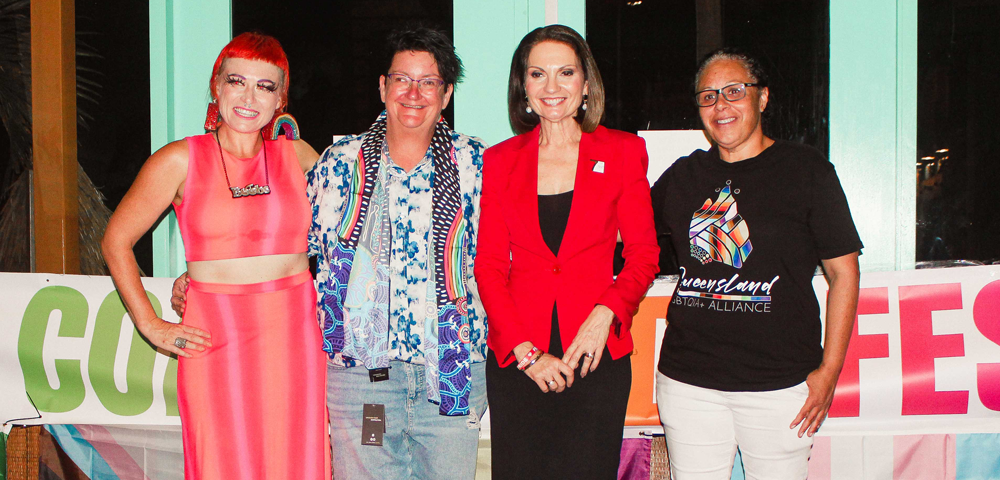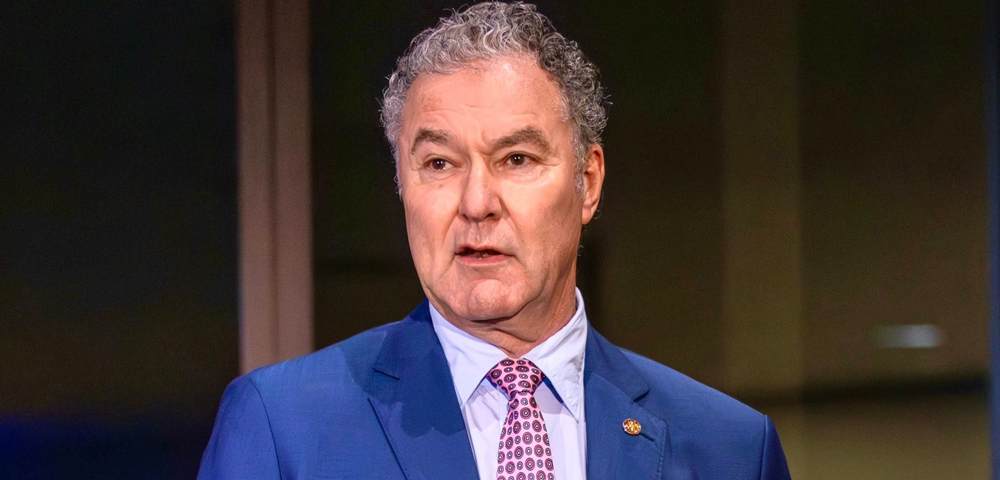
AIDS 2014 – Australia’s legacy could be game changing
WORLD AIDS Day rolls around each year and perhaps the best we can hope for is that it encourages the general public to think about the impact HIV has had upon the world and maybe what they can do to play a part in being part of the solution. Australia has an HIV problem. The world has as AIDS problem.
This year, alongside World AIDS Day is the launch of AIDS 2014, the 20th international AIDS conference that will be held in Melbourne in July. It’s less like how most would conceive of a conference and more like a cultural and political force about to descend upon Australia.
14,000 delegates. 1,200 media representatives. The world’s populations will be in attendance. From royalty to homeless people; every type of affected population from grandmothers to children, and world leaders from business, government, academia, business society, the arts and sciences and from over 200 countries.
Think of it more like the massive sporting events we Australians all like to flock to (sans the sports) being set up for a week but all focused upon a single topic and exerting an enormous amount of pressure simultaneously to government, industry and civil society.
Previous international conferences have been credited for being game changers and I want that to be the case for AIDS 2014 in Melbourne.
In 2000 in South Africa the conference was credited to alerting the world to the inequity of treatment access in countries most profoundly affected by HIV. In 2004 in Bangkok the conference highlighted the shocking levels of abuse and discrimination suffered by people who use drugs which was fuelling their epidemic across Asia. In 2008 in Mexico the conference was credited to altering the homophobic policies and laws across Latin America.
So what kind of legacy do we want to see from AIDS 2014 in my home town of Melbourne?
I asked some key leaders across the HIV sector in Australia from community, scientific and political backgrounds and got some great answers, but my top three as a person living with HIV are:
1. Commitments from all major political parties, both national and in every state, to an independent review of criminal statutes that treat HIV as an exceptional infectious disease and to consequently recommend law reform.
2. A re-energised community-wide commitment from all levels of government and the community sector to national and state strategies that includes the centrality and vitality of the positive voice, and community ownership of key targets and role implementing a combination prevention approach – not just a condom-only message.
3. Inspiring the next generation of HIV activists, clinicians, researchers and policy makers to take up the fight against HIV and social determinants that continue to put communities and people at risk.
For me, it’s the lasting legacy effect of inspiring a new generation that resonates most strongly.
The days of standing up tall and meeting injustice are not over, but things have changed – living with HIV over a lifetime asks different things of us – a different kind of effort.
Even so, we cannot afford to become unskilled in our strength, underprepared for the moment in which we will be called to act. And this moment will come (it arises all the time) – even though our lives would be simpler if it didn’t.
Our moment of action is every day – it is in every encounter as we go about our daily lives and it is in every conversation, at every point we connect with others and the world around us. This is the constant effort of what it means to live with HIV today.
This constant effort is a voice that breathes deep our collective anger, that draws upon the suffering of all the members of our tribe – those past and present.
Our constant effort is a position that can see ignorance for what it is – not-knowing, not- understanding, not-seeing – and that in the face of this, overcome the fear that is actually stigma, see an opportunity for education, change and growth and set about creating a space for knowledge, understanding and vision.









